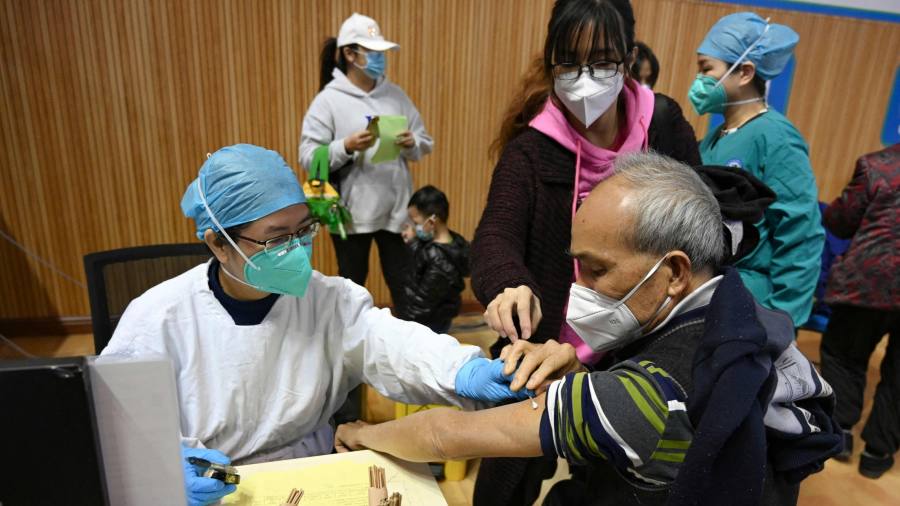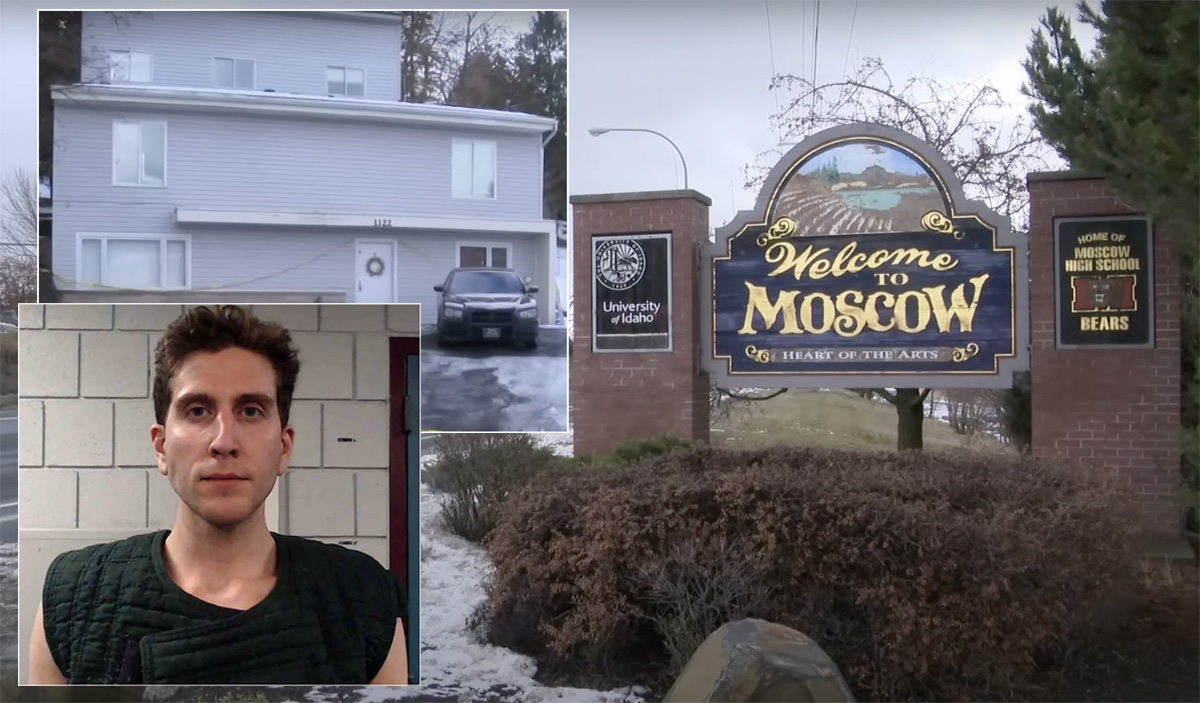Experts have warned Beijing to speed up the approval process for updated vaccines to combat new coronavirus variants as the disease sweeps across China after authorities eased heavy-handed pandemic controls.
The majority of the Chinese population has been vaccinated with the inactivated Sinovac and Sinopharm jabs, which were designed to target the original virus strain identified in Wuhan in 2020.
“We can’t rely on old vaccines which are currently being used nationwide going forward,” said a Beijing-based adviser to the Chinese Center for Disease Control and Prevention.
The individual, who did not want to be named given the subject’s sensitivity, added that CDC warehouses “are filled with Wuhan virus-based vaccines that aren’t of much use”.
Beijing has not approved the distribution of updated versions of the dominant jab that target new and more infectious variants, which coupled with the low vaccination rate among the elderly, has left the population vulnerable.
Chinese cities have drastically reduced testing capacity over the past week, leading to a reduction in reported cases. The Omicron variant is rampaging across several big cities, including the capital Beijing, after the government loosened its zero-Covid policies amid mounting social discontent at the human and economic cost of lockdowns and mass testing.
On Monday, Beijing reported 1,133 cases for tests taken in the previous 24 hours, despite anecdotal evidence pointing to a huge surge across the capital.
Experts believe that the real caseload is much higher than the officially reported number. China also announced that its contact tracing app would be discontinued on Monday, meaning citizens’ travel will not be recorded but raising an additional challenge for local officials to quell the rising tide of cases.
Jin Dong-yan, a virologist at the University of Hong Kong, said that to tackle the coming “tsunami” of cases, “China should have an accelerated mechanism for approval to change vaccines based on the circulating strains. There is no need for a full clinical trial.”
Sinovac and Sinopharm are undergoing clinical trials for their Omicron vaccines, which are based on older technology that uses the inactivated virus to elicit an immune response. But Jin warned that by the time they received regulatory approval, new variants could have taken over as the dominant strain.
“The regulatory body needs to show some flexibility. Ba. 5 is already giving way to BQ. 1.1 in the US and XBB in Singapore,” he said. “They will never catch up.”
In September, regulators in the UK and EU approved the adapted BioNTech/Pfizer jab targeting Omicron for booster jabs. The updated jab increases neutralising antibodies against emerging Omicron subvariants by between 3.2 and 4.8 fold compared with its original vaccine, according to Pfizer.
Beijing has not imported any foreign-made messenger RNA vaccines, despite mounting evidence that they provide superior and longer-lasting protection than the domestic inactivated counterparts.
The CDC adviser said that China needed “locally made mRNA vaccines in our toolbox”, which they expected would become “available as soon as next April”. China has at least seven pharmaceutical companies studying mRNA vaccines, some of which have entered a later stage of clinical trials.
The adviser expects the clinical trial results for the updated Sinovac and Sinopharm inactivated vaccines to be announced in March. “Then the government may issue an emergency use license,” he added.
Beijing has expanded the choice of vaccines available to the population. In September, it approved the world’s first inhaled Covid-19 vaccine from Tianjin-based CanSino Biologics, which is based on the original virus strain.
Yu Xuefeng, co-founder, chair and chief executive of CanSino, told the Financial Times that it was developing a “bivalent vaccine against Omicron, which has entered the late stage clinical trials”.
Yu was optimistic that the inhalation delivery method would appeal to some vaccine refuseniks. “The whole process is very easy and convenient, and there is no adverse reaction as through intramuscular injection,” he said.
Jin added the CanSino vaccine would provide good “immediate protection against infection” but noted that the delivery method meant immunity would probably wane faster than with an injection.
“The best thing for China to do would be to approve foreign-made mRNA vaccines, expand elderly vaccination rates and stockpile antivirals,” he said.


























































![Mason Ramsey – Twang [Official Music Video] Mason Ramsey – Twang [Official Music Video]](https://i.ytimg.com/vi/xwe8F_AhLY0/maxresdefault.jpg)






![[TGA 2022] ‘Remnant II’ Announced for Consoles and PC in 2023 [Trailer] [TGA 2022] ‘Remnant II’ Announced for Consoles and PC in 2023 [Trailer]](https://i0.wp.com/bloody-disgusting.com/wp-content/uploads/2022/12/remnant2.jpg?resize=830,535&ssl=1)















